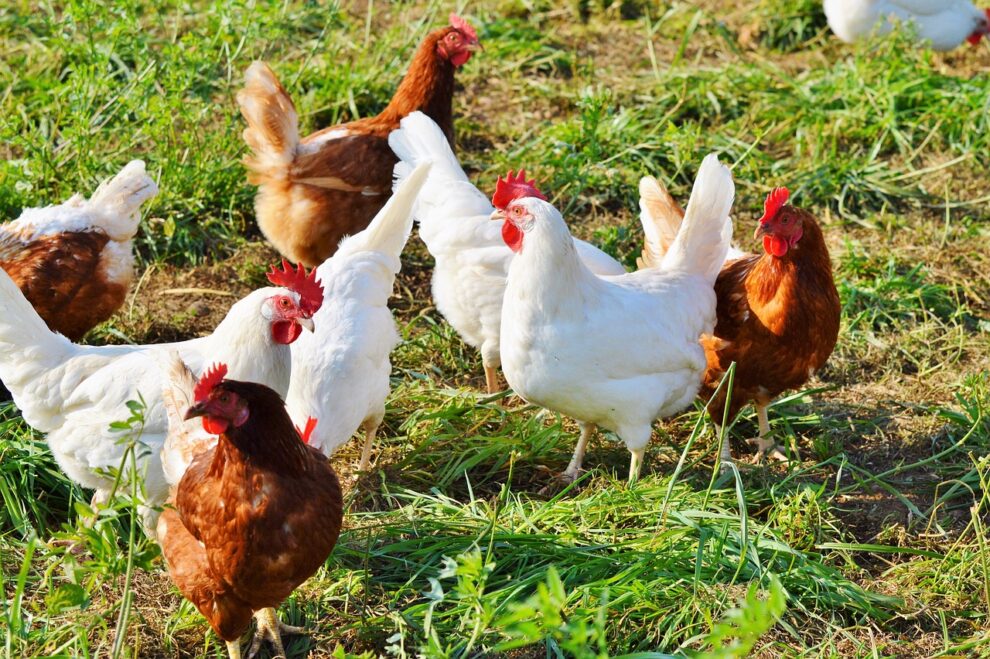The World Health Organization warned Wednesday that the surge in bird flu outbreaks among mammals could help the virus spread more easily among humans.
Since late 2021, Europe has been gripped by its worst-ever outbreak of bird flu, while North and South America have also experienced severe outbreaks.
This has led to the culling of tens of millions of poultry worldwide, many with the H5N1 strain of the virus, which first emerged in 1996.
“Avian influenza viruses normally spread among birds, but the increasing number of H5N1 avian influenza detections among mammals — which are biologically closer to humans than birds are — raises concern that the virus might adapt to infect humans more easily,” the WHO said in a statement.
“In addition, some mammals may act as mixing vessels for influenza viruses, leading to the emergence of new viruses that could be more harmful to animals and humans.”
The current bird flu outbreaks have caused “devastation” in animals, the UN health agency said, including poultry and wild birds, along with some mammals, and had harmed farmers’ livelihoods and the food trade.
“Although largely affecting animals, these outbreaks pose ongoing risks to humans,” it said.
The WHO, along with the UN’s Food and Agriculture Organization (FAO) and the World Organisation for Animal Health (WOAH), urged countries to work together to save animals and protect people.
“There is a recent paradigm change in the ecology and epidemiology of avian influenza which has heightened global concern as the disease spread to new geographical regions and caused unusual wild bird die-offs, and alarming rise in mammalian cases,” said WOAH science chief Gregorio Torres.
Human bird flu cases are usually the result of direct or indirect exposure to infected live or dead poultry or contaminated environments.
“The virus does not appear to be able to transmit from one person to another easily, but vigilance is needed to identify any evolution in the virus that can change that,” said the WHO’s pandemic preparedness chief Sylvie Briand.
Experts were looking for changes that could be more dangerous to humans, and urged countries to boost their monitoring capabilities, she added.
“This is especially important as the virus is now affecting countries with limited prior experience in avian-flu surveillance,” Briand said.
